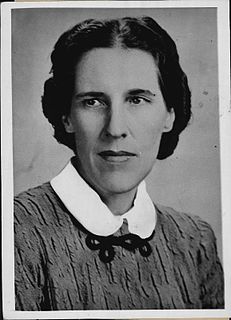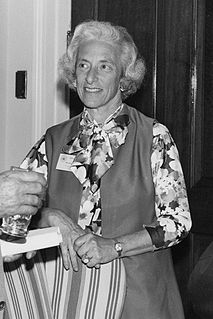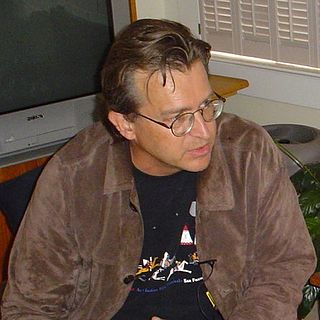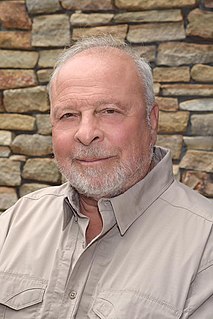A Quote by Catherine Drinker Bowen
Related Quotes
You need to give the reader a reason to turn the page. In a diary, you are just yourself. You aren't trying to entertain. You aren't trying to get anyone to turn the page. I have over one hundred and fifty six volumes of my diary and I guarantee you that if you read them, you'd stop and never come back.
The only place where you can really surprise or shock the reader, or make someone laugh, is on the lower righthand corner - the very last panel - so as you turn the page, the payoff is in the upper lefthand panel. To pace every story so that there's a setup and a payoff at the page turn was a huge challenge; it's a part of the medium and you really have to learn what can be done in the medium.
No one reads to hear someone complain about the weather or how poorly their children are behaving. You have to give the readers a reason to turn the page. As a writer you have to invite someone to turn the page. And that is a skill you have to refine. That is why you have to read. You have to read to learn what it is that makes people turn the page.
Yes, the fear of its blankness. At the same time, I kind of loved it. Mallarmé was trying to make the page a blank page. But if you're going to make the page a blank page, it's not just the absence of something, it has to become something else. It has to be material, it has to be this thing. I wanted to turn a page into a thing.





































